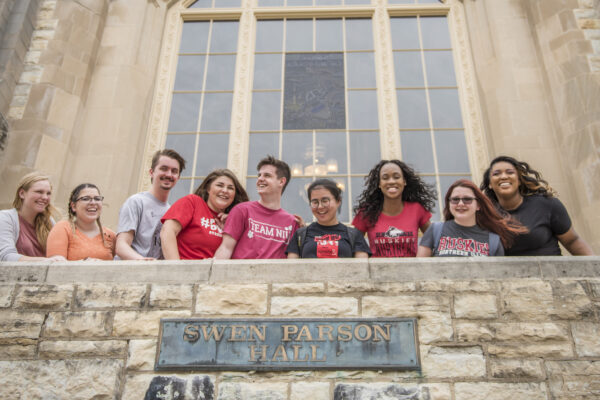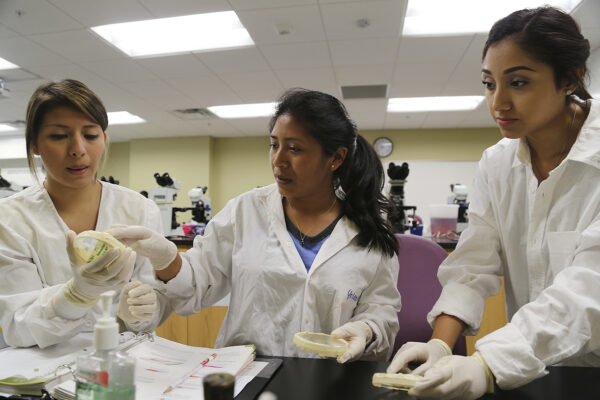Graduate Students Want More Institutional Data
Title: Graduate Education (series)
Authors: Michelle Dimino, Chazz Robinson, and Ben Cecil
Source: Third Way
A survey of current and recent graduate students revealed that concrete data on graduate institutions would improve enrollment decisions. Across many facets of graduate education, including management, cost, and employment and earnings outcomes, students are looking for more transparency from their institutions.
Third Way explored the survey’s findings in a series of three articles.
Contracting with an OPM? Your Students Want to Know. (Michelle Dimino)
Prior to the survey, graduate students had limited knowledge of online program managers (OPMs). After receiving more information about OPMs, feelings toward OPMs became less favorable among respondents, particularly relating to their involvement with in-person classes.
In an open-ended prompt, respondents expressed concerns over quality and cost. A larger percentage of respondents (71 percent) approve of the use of OPMs for technology support compared to the share of respondents in favor of utilizing OPMs for faculty hiring (53 percent) or curriculum development (55 percent).
For all class modalities (in-person, online, hybrid), most students (60, 62, and 61 percent, respectively) indicated that the use of an OPM would be more acceptable if it were appropriately and clearly disclosed.
Employment and Earnings Outcomes Shape Graduate Students’ Perceptions of Program Value (Chazz Robinson)
Third Way reports significant satisfaction gaps in the three major motivations for enrollment. In deciding to attend graduate school, over three quarters of respondents (82 percent) stated that advancing in their respective field was a primary goal. Similarly, 79 percent indicated a large factor in their enrollment was getting a good job, and 72 percent answered that it was to earn more money. However, fewer than six in ten respondents had these expectations met.
Students would benefit from more transparency from graduate institutions. Over a third (36 percent) of recent graduates responded they are making less than they expected, and 23 percent reported they are struggling financially. A program-level analysis of in-person master’s programs revealed that over 2,100 programs do not position graduates to earn more than bachelor’s degree holders within their institution’s state, and 88 of those programs do not guarantee students will earn more than high school graduates within their institution’s state.
Transparency Is the Name of the Game for Graduate Students (Ben Cecil)
Across political ideologies, most students are looking for clarity on postgraduation outcomes, such as employment and income statistics. When asked if graduate institutions should share these statistics, 81 percent of liberal, 72 percent of moderate, and 73 percent of conservative respondents were in favor.
Around 60 percent of respondents indicated they would strongly support policies requiring institutions to publish data on graduation rates (60 percent), employment rates (58 percent), typical income (57 percent), and debt-to-earnings ratios (59 percent).
—Erica Swirsky
If you have any questions or comments about this blog post, please contact us.


